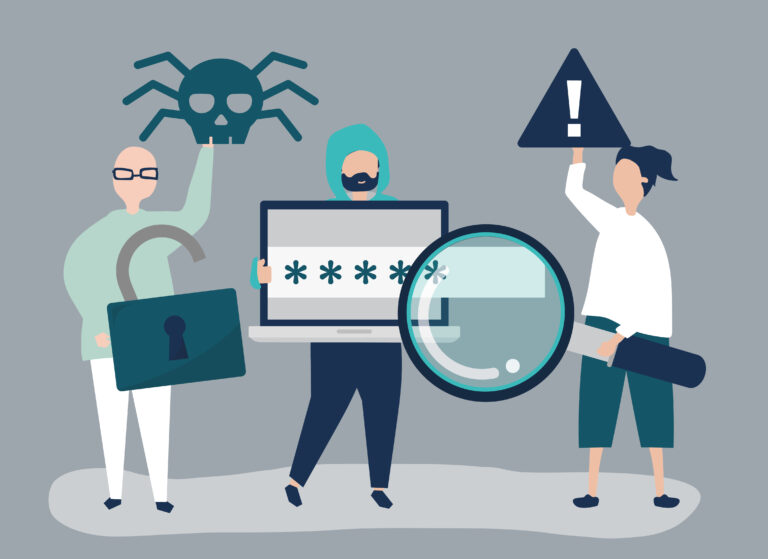
In today’s digital age, where data breaches and cyber threats are increasingly common, the importance of cybersecurity cannot be overstated. Cyberattacks can wreak havoc on organizations, leading to data breaches, financial losses, and damage to reputation. To protect against these threats, penetration testing has become a fundamental practice for organizations of all sizes. In this blog, we’ll explore the significance of penetration testing and why it should be an integral part of your cybersecurity strategy.
1. Identifying Vulnerabilities
Penetration testing, often referred to as pen testing, simulates real-world cyberattacks on an organization’s systems, applications, and network infrastructure. It allows security professionals to actively seek and exploit vulnerabilities in a controlled environment. By identifying weaknesses before malicious actors do, penetration testing helps organizations to proactively address potential security gaps.
2. Assessing Security Controls
Pen testing assesses the effectiveness of an organization’s security controls and measures. It helps to determine whether security policies, procedures, and technologies are adequately protecting data and systems. By doing so, organizations can fine-tune their security strategies and make improvements where necessary.
3. Compliance and Regulations
Many industries are subject to stringent data protection regulations. Pen testing is often a requirement to comply with these regulations. For instance, the Payment Card Industry Data Security Standard (PCI DSS) mandates regular penetration testing for organizations handling payment card data. Compliance with such regulations is not only a legal requirement but also essential for building trust with customers.
4. Risk Mitigation
Understanding and mitigating risks is a cornerstone of cybersecurity. Pen testing helps organizations assess their level of risk and make informed decisions about how to allocate resources for security measures. It enables companies to prioritize vulnerabilities based on the level of risk they pose, ensuring that critical issues are addressed promptly.
5. Secure Development
Pen testing plays a crucial role in secure software development. By conducting tests during the development process, organizations can identify and remediate vulnerabilities before deploying applications. This proactive approach reduces the cost and effort associated with fixing security issues post-deployment.
6. Real-World Testing
Simulating real-world cyberattacks provides insights into how well an organization can detect, respond to, and recover from security incidents. This real-world testing is invaluable for assessing incident response and business continuity plans.
7. Improved Security Awareness
Penetration testing raises security awareness among employees and stakeholders. It highlights the importance of maintaining vigilance and following best practices for security. When individuals understand the risks and consequences of security breaches, they are more likely to adhere to security policies and practices.
8. Customer Trust
In an era where data breaches make headlines regularly, customer trust is paramount. Demonstrating a commitment to cybersecurity through regular penetration testing can boost customer confidence. Knowing that their data is well-protected can enhance an organization’s reputation and credibility.
Penetration testing is not just a box-ticking exercise; it’s a proactive and strategic approach to cybersecurity. By identifying vulnerabilities, assessing security controls, and proactively mitigating risks, organizations can significantly enhance their cybersecurity posture. In an evolving threat landscape, penetration testing is a crucial tool for staying one step ahead of cyber adversaries and safeguarding sensitive data and critical systems. Embracing Pen testing as a regular practice is a prudent investment in the security and success of any organization.
